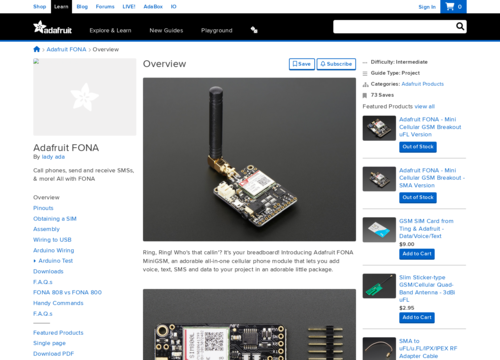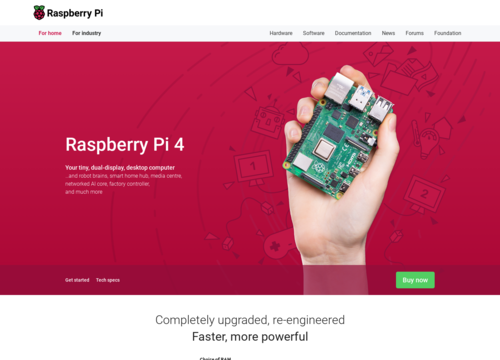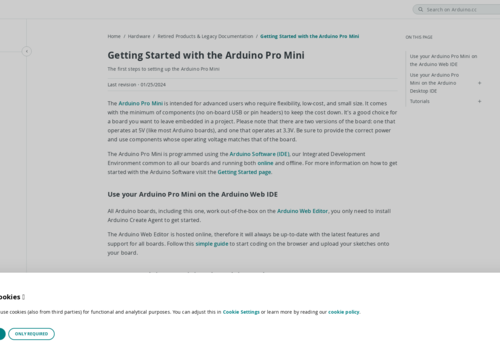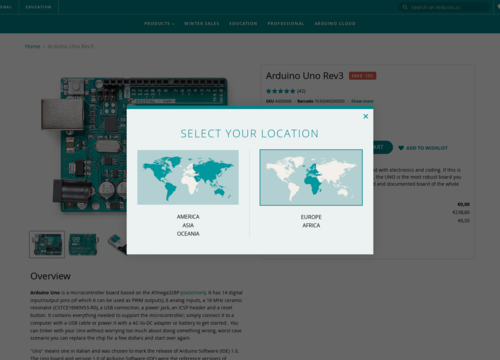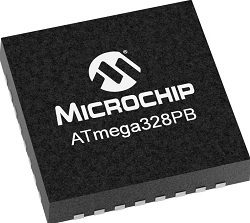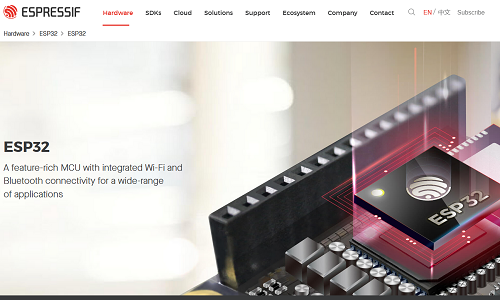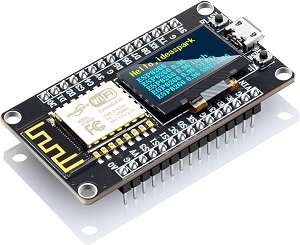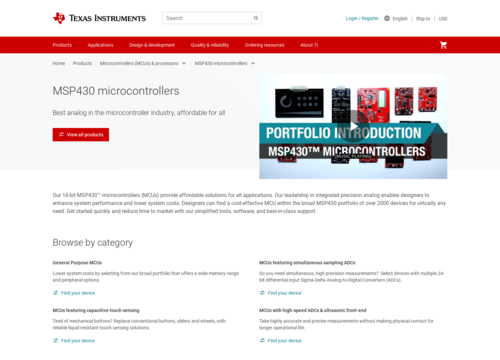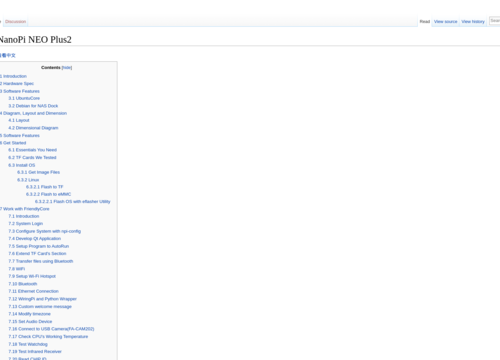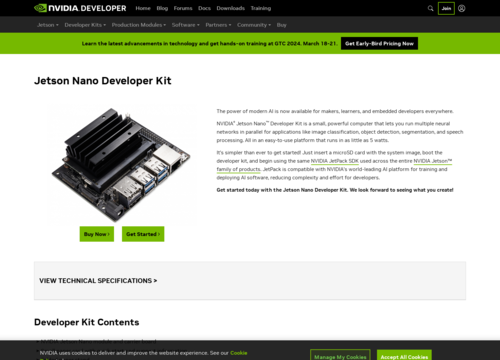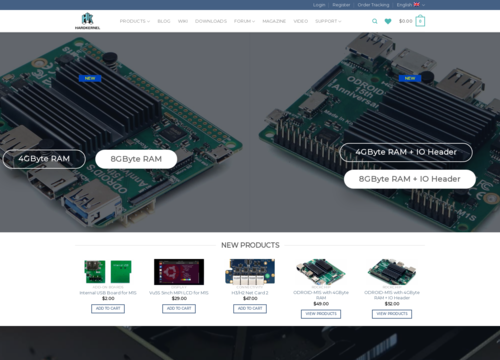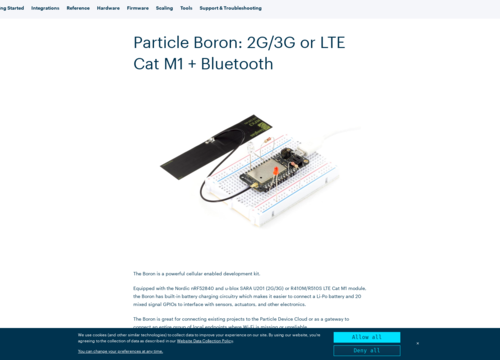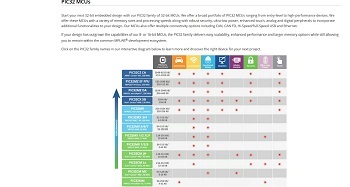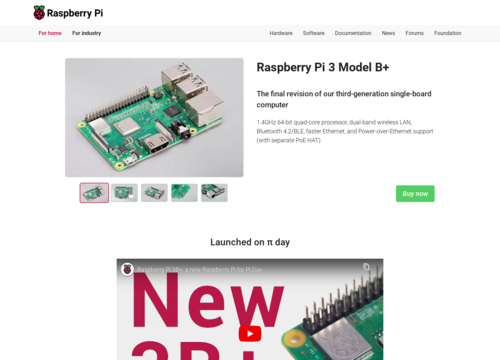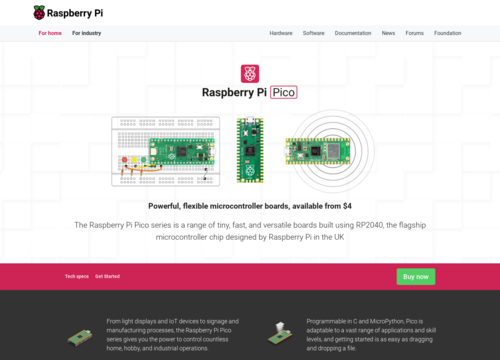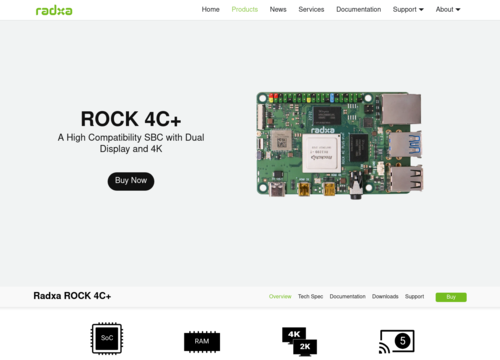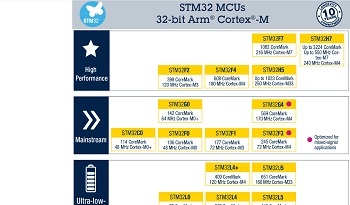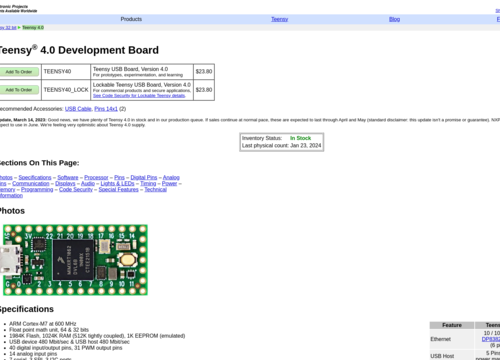Mbed LPC1768
https://os.mbed.com/platforms/mbed-LPC1768/Mbed LPC1768
The Mbed LPC1768 is a microcontroller board that is designed for rapid prototyping of various electronic projects, especially in the field of embedded systems.
Processor and Core
At the heart of Mbed, LPC1768 is an ARM Cortex-M3 processor. This processor is known for its efficiency and performance in handling complex tasks, making it suitable for a range of applications from simple to advanced. It runs at a clock speed of up to 100 MHz.
Memory and Storage
The LPC1768 is equipped with 512 KB of flash memory and 32 KB of RAM. This memory configuration is adequate for most medium-complexity projects, including those requiring real-time operating systems.
Input/Output (I/O) Capabilities
The board offers a variety of I/O options, which are essential for connecting external devices and sensors. It includes digital input/output pins, analog inputs, pulse width modulation (PWM) outputs, and serial communication interfaces such as UART, SPI, and I2C.
Connectivity
One of the distinguishing features of LPC1768 is its Ethernet port, which allows network connectivity. This feature enables the board to be used in IoT (Internet of Things) applications, where remote data monitoring and control are needed.
Programming and Development Environment
LPC1768 is generally programmed through the Mbed online Integrated Development Environment (IDE), which provides a user-friendly interface and a large library of software modules. The board can be programmed in C/C++, and the Mbed environment simplifies the process of code development, compilation, and testing.
Power Supply
The board can be powered through a USB connection or an external power source, making it flexible for both desktop development and standalone applications.
Form Factor and Expansion
LPC1768 has a compact form factor and includes standard connectors that allow easy interfacing with a wide range of peripheral devices. It can be expanded with additional modules and shields for specific applications, such as wireless communication, sensor integration, or motor control.
Community and Support
As part of the Mbed platform, LPC1768 benefits from a large and active community of developers. This community contributes to a vast repository of libraries and examples, which can be invaluable for beginners and experienced users alike.
Applications
This board is suitable for a variety of applications, including robotics, industrial control, home automation, and educational purposes. Its ease of use and robust feature set make it an attractive option for both hobbyists and professionals.
On-board Peripherals
LPC1768 includes several built-in peripherals that enhance its functionality. These typically include timers, a real-time clock (RTC), and general purpose direct memory access (DMA) controllers. These peripherals allow sophisticated timing operations, efficient data transfer, and time-based functions, which are crucial in many embedded applications.
Analog-to-digital converter (ADC)
The board is equipped with a high-resolution apparent diffusion coefficient (ADC), which is essential for interfacing with analog sensors. This feature enables LPC1768 to process input from a wide range of sensors, converting analog signals into digital values that can be used in software.
USB Interface
Apart from powering the board, the USB interface allows LPC1768 to act as a USB device or host. This means that the device can communicate with other USB devices or be recognized by a computer as a periphery. This feature is particularly useful for projects that require data exchange with a PC or other USB-enabled devices.
Debugging and Diagnostics
LPC1768 supports standard debugging features, which are vital for the development and troubleshooting of embedded applications. This includes support for JTAG and serial wire debugging, allowing developers to step through their code and diagnose issues effectively.
Energy Efficiency
The ARM Cortex-M3 processor is designed for low power consumption, making LPC1768 an appropriate choice for battery-operated applications. The board's power management features allow for the efficient use of energy, which is critical in portable or remote applications.
Extensibility with Libraries
The Mbed platform provides a rich set of libraries that simplify the coding process for various functionalities, such as networking, sensor interfacing, and motor control. These libraries are open-source and well documented, allowing for rapid development and customization.
Educational Use
Due to its ease of use and extensive support materials, LPC1768 is often used in educational settings. It provides students with hands-on experience in embedded systems design and programming, making it a popular tool in universities and technical courses.
Cost-effectiveness
Considering its ability, Mbed LPC1768 is quite cost effective. This makes it accessible not only to professionals and educational institutions but also to hobbyists and makers on a budget.
Compliance with Standards
LPC1768 typically adheres to standard protocols and electrical specifications, ensuring compatibility with a wide range of external devices and modules.
Mbed LPC1768 is a comprehensive development platform that caters to a wide range of applications, from simple DIY projects to complex industrial systems. Its combination of powerful hardware, extensive software support, and ease of use make it an excellent choice for anyone looking to delve into the world of embedded systems.





















